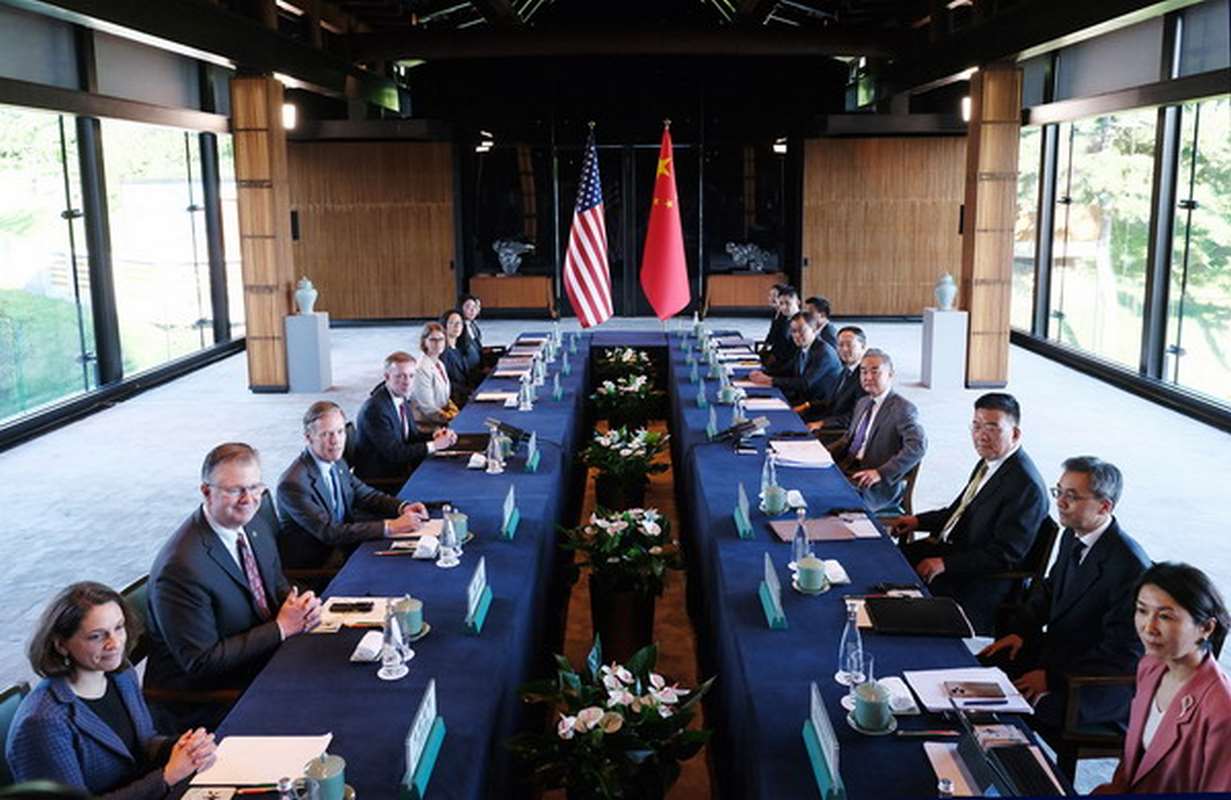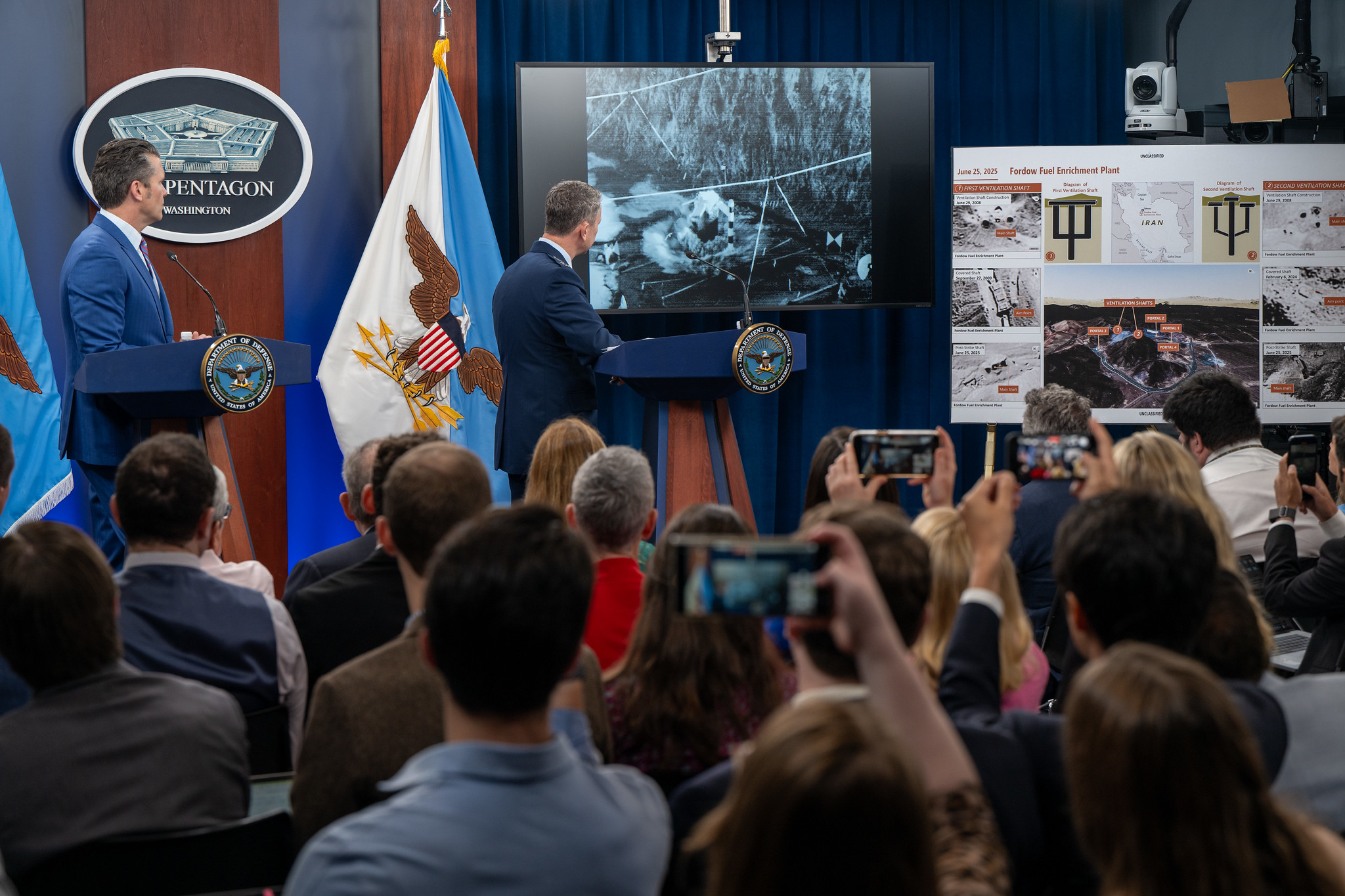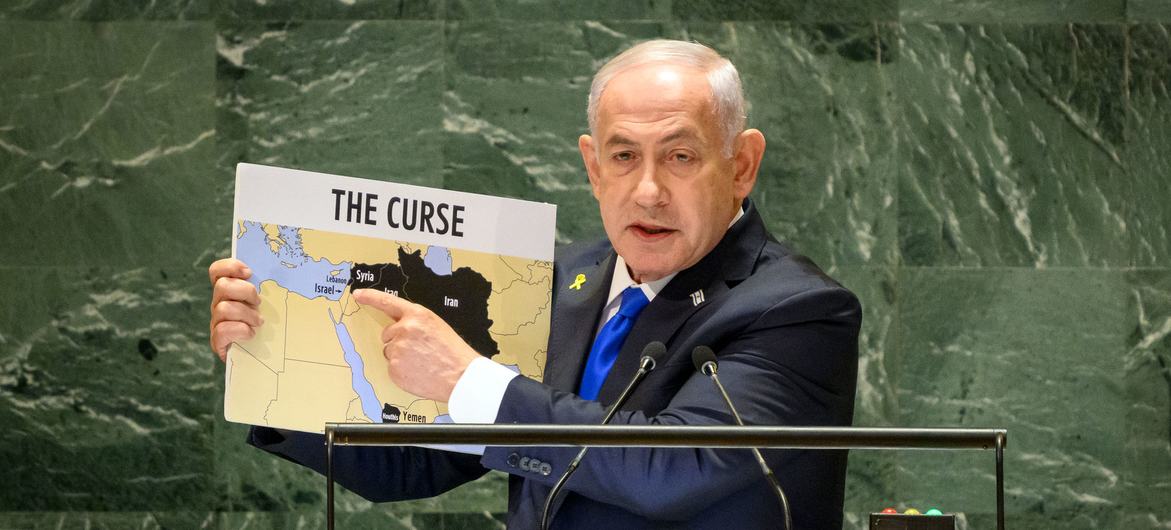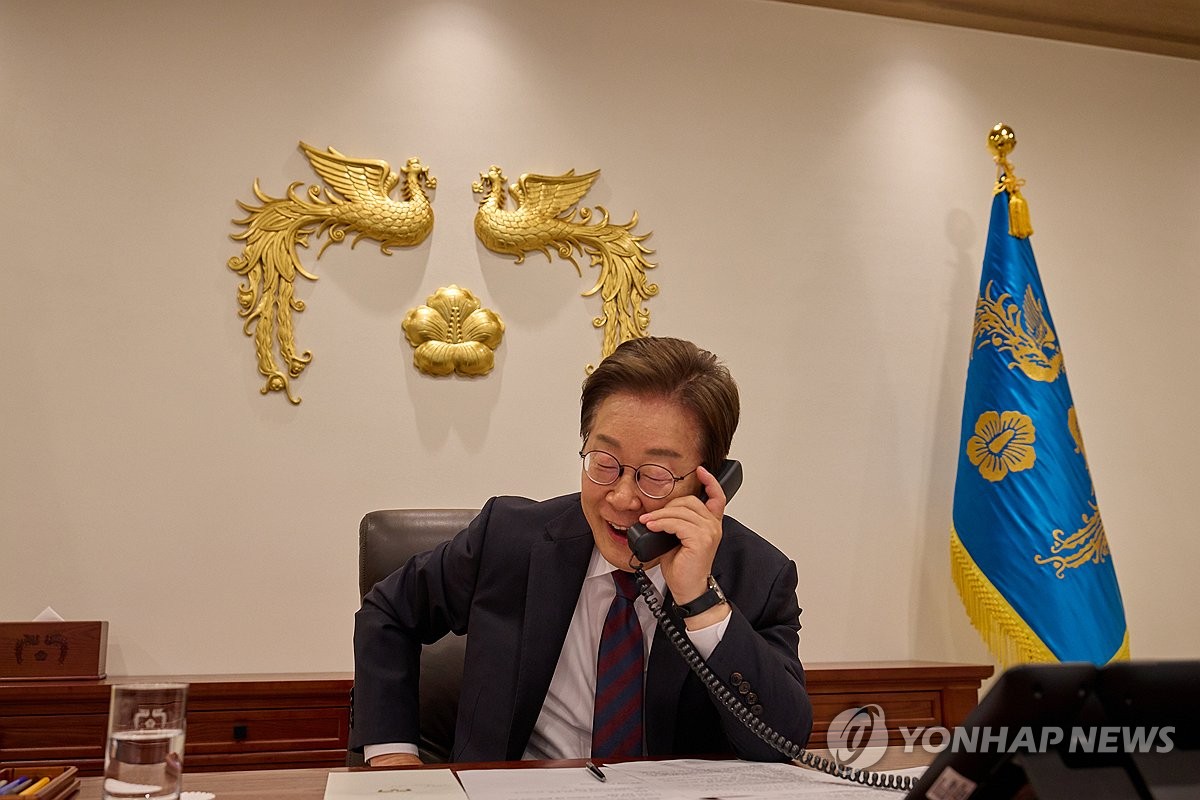When a focus group that included former President Obama pushed Biden to accept relinquishing his bid for re-election in the face of his failing mental health, it catapulted Vice President Kamala Harris into a full-throated presidential campaign with little time to waste. But if his health isn’t in order to run for president, is it in order enough to be president?
Biden hasn’t been seen much since his announcement, which was itself made via a letter rather than a press conference. According to the President, it’s because he’s “focusing all [his] energies” on carrying out the job of the presidency, but it all begs the question to what degree he’s still making decisions during his final 4 months in the Oval Office.
In terms of the decisions that really matter—the highest decisions of the Executive Branch, there’s a very good chance that National Security Advisor Jake Sullivan is the one making them; not Kamala, not Biden, and not Blinken.
“We haven’t had a National Security Advisor this powerful, and this empowered since the days of Kissinger and Nixon, when Nixon was spiraling into drink and delusion at the end of his presidency, and Kissinger was running things,” said James Carden, columnist and senior advisor to the American Committee for US-Russia Accord (ACURA) and a former adviser on Russia policy at the State Department, on a recent radio interview. “No one takes Blinken seriously, so Sullivan is the one making the decisions”.
Front and center of that accusation is a series of high-level talks between Sullivan and Chinese officials including President Xi, Foreign Ministery Wang Yi, and Vice Chair of the Central Military Commission, Zhang Youxia—an audience he was awarded upon personal request.
The talks were seen as a follow-on from those held between Biden and President Xi in San Francisco last November, although they follow the new imposition of sanctions on 42 Chinese individuals and entities, and critical to this report, a completely different strategic trajectory.
In a press conference following the discussions, Sullivan opened with a statement in which he described them as “constructive, candid, and substantive,” and despite paying substantial lip service to the Biden Administration’s aims and policies, it was during the meeting with Foreign Minister Wang that Sullivan either delivered Biden’s radical departure from the existing White House policy, or his own personal prescription for US-China relations.
During the talks, he told Wang that the US does not support “Taiwan independence”, “two Chinas” or “one China, one Taiwan,” which together are known as the ‘Three Nos Policy’ for Taiwan relations.
While this may seem, and rightfully feel, like superfluous pedantic nonsense, there’s no overstating the importance of official language in diplomacy, especially as it regards the Taiwan question, which General Zhang would later describe to Sullivan as the “core of the core of Chinese interests, the foundation of the political foundation of Sino-US relations, and the first red line that cannot be crossed”.
“Elements of this policy had been expressed separately or partially by various US administrations, the last time all three elements were explicitly stated together in an official setting in China was, over 20 years ago, by President Bill Clinton in 1998,” writes Seong-Hyon Lee at The Diplomat.
The Biden Administration, as WaL has consistently reported, has been the most hostile to China since relations were restored in 1973. Biden has said four (or four and a half times) during his tenure that the US would militarily defend Taiwan if attacked. Beijing has seen the US hint that its nuclear doctrine now focuses on China first, and Biden’s economic strategists have created havoc for Chinese industry and business on a scale that Trump never came close to inflicting. They’ve watched Biden return long-range missiles to the Philippines, and land nuclear-capable submarines in South Korea.
For Sullivan to go to Beijing and meet with some of the highest officials in the country and roll the rhetoric on Taiwan back so substantially and so suddenly, with so little time left in his official capacity as Nat. Security Advisor, suggests it may well have been Sullivan’s idea.
“In the English readout, Wang outlined five key points in over 950 words, emphasizing that China’s sovereignty, territorial integrity, political system, development path, and the legitimate rights of its people must be respected,” Lee continues. “Wang further urged the United States to adopt a ‘correct perception’ of China and to cease its economic, trade, and technological suppression,” with a movement towards and emphasis on peaceful coexistence and mutual dialogue.
Lee, a senior fellow at the George H. W. Bush Center for US-China Relations believes Beijing is looking to establish, through Sullivan, a blueprint for future cooperation that either of the presidential candidates in the US could adhere to in the future. Cardin maintains that Sullivan is acting on his own.
“In the 1973 Yom Kippur War, Kissinger unilaterally decided to raise the American nuclear force alert to DEFCON 3, Nixon didn’t know about that. That’s the sort of situation we’re in today,” he continued on the Scott Horton Show. WaL
We Humbly Ask For Your Support—Follow the link here to see all the ways, monetary and non-monetary.
PICTURED ABOVE: A recent US-China strategic dialogue headed by National Security Advisor Jake Sullivan, fourth from bottom on the US side. PC: Chinese Foreign Ministry handout.



